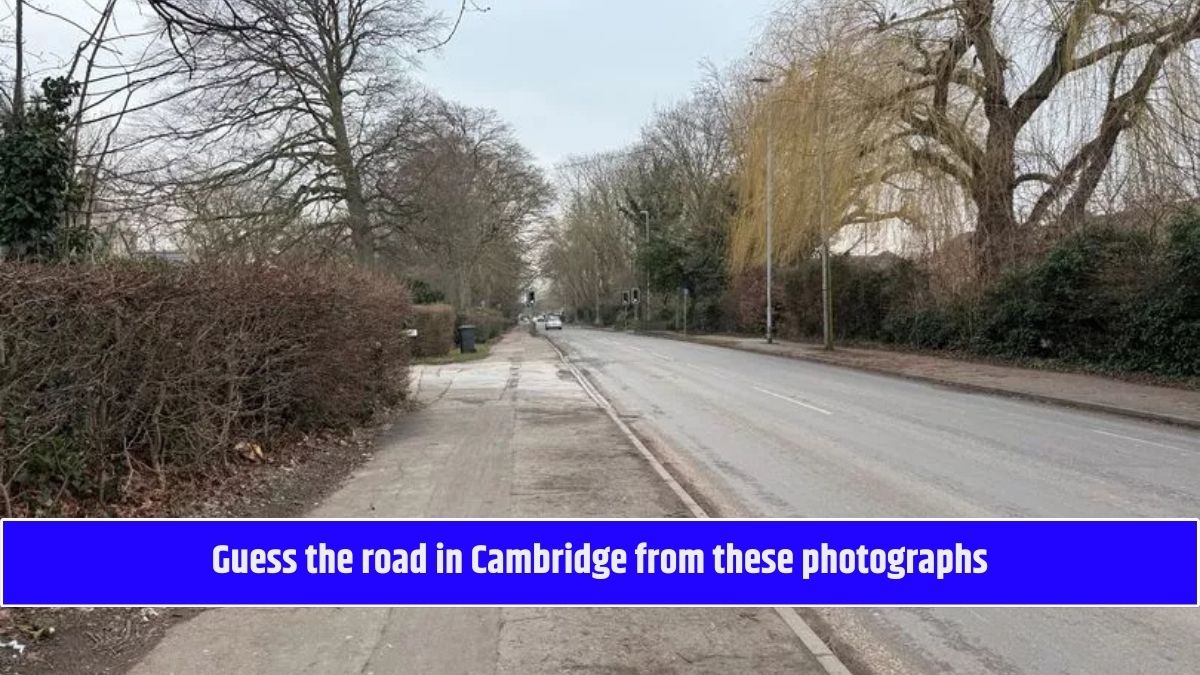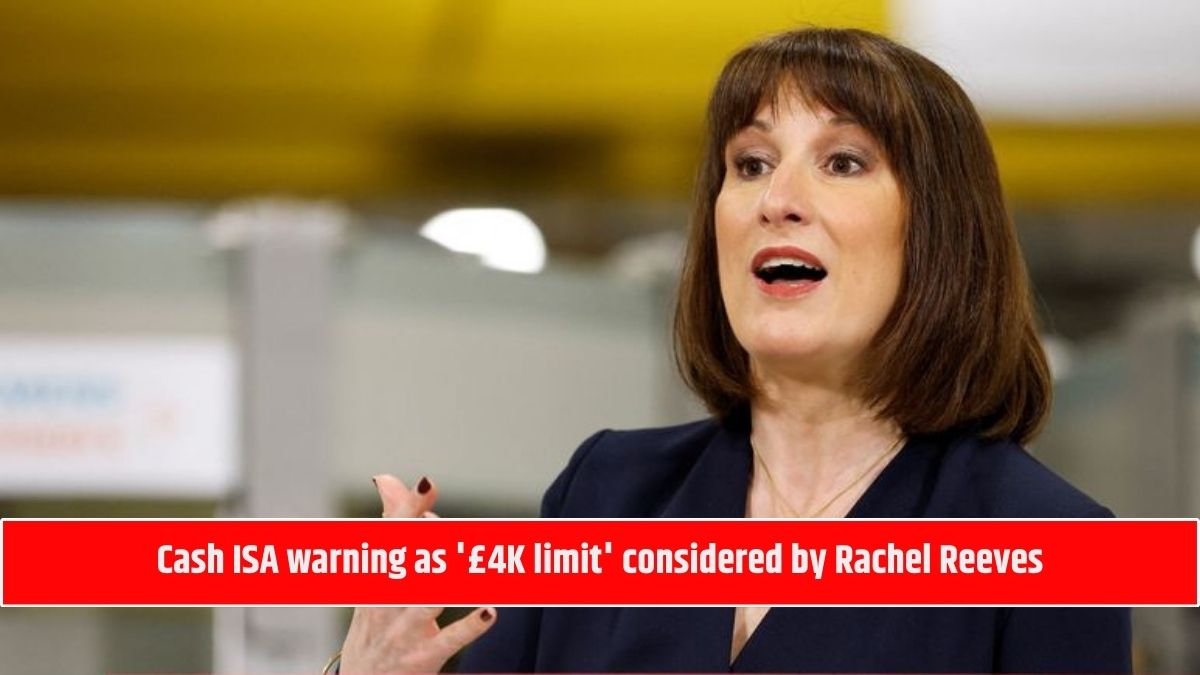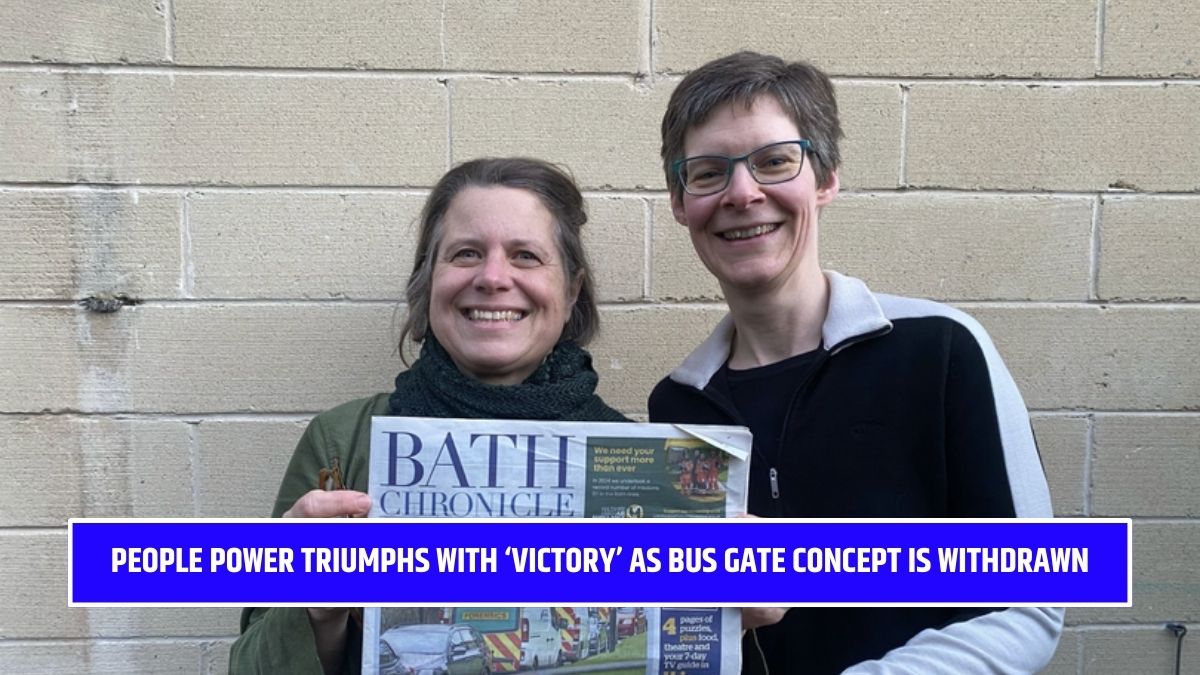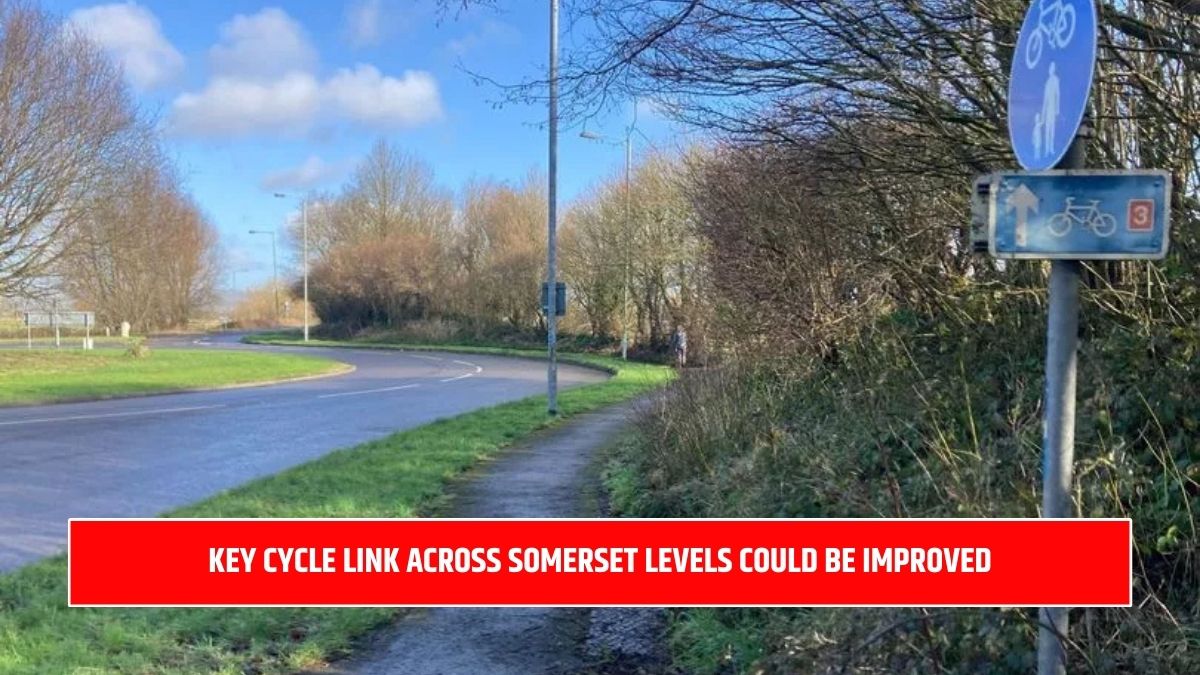Plans to close several public toilets in Cambridge have sparked outrage among residents, who fear the move could lead to unsanitary conditions and damage the city’s reputation. Cambridge City Council has proposed shutting down three toilet facilities as part of its 2025/26 budget, a decision that has left many locals concerned about public hygiene and the potential impact on tourism.
Budget Pressures Behind the Closures
The council currently manages 14 public toilet facilities, with eight located in the city centre. In an effort to address a projected £11.5 million budget shortfall over the next five years, officials have suggested closing toilets at Victoria Avenue, Gonville Place, and Quayside. These sites were identified as high-maintenance and low-usage locations, with the council estimating annual savings of £121,000 if the closures go ahead.
According to Councillor Simon Smith, the Executive Councillor for Finance and Resource, these “difficult decisions” have been guided by public feedback. He explained that the council has already invested thousands of pounds to improve other toilet facilities across the city, including Drummer Street, Cherry Hinton Hall, Chesterton, and Coleridge Recreation Grounds.
“The Council is working to ensure public toilets are of good quality where they are needed most,” Smith said. He also mentioned plans to rebuild the Silver Street toilets and construct new facilities at Jesus Green.
Public Outcry: Hygiene, Tourism, and Accessibility Concerns
Despite the council’s reassurances, many residents remain unhappy with the proposal. A public survey conducted last year found that 61% of respondents opposed the reduction in toilet facilities. Residents fear that closing toilets could result in unsanitary conditions, with people relieving themselves in public areas if caught short.
Tourism Impact
Former resident Hannah Townsend, who was visiting Cambridge with her son Oscar, voiced concerns about the negative impact on tourism.
“Tourists need these facilities. It’s a bad idea to ignore public feedback like this. The lack of toilets could give visitors a poor impression of the city,” she said.
Her son, Oscar Townsend, added:
“I don’t even bother looking for public toilets anymore. They’re either locked or you have to pay to use them. If these closures go ahead, people will just go wherever they can, and that’s not a good look for a city like Cambridge.”
Accessibility and Public Health
Local resident Fiona shared her concerns about how the closures might affect different community groups.
“As a woman of a certain age, I know how important public toilets are. Whether it’s older people, young children, or those with medical conditions, everyone needs access to these facilities,” she explained.
Seda Kochisar agreed, acknowledging the council’s financial struggles but questioning the value residents receive for their council tax contributions.
“If you look at what we pay in council tax, we should expect better services. Some toilets are in good condition, while others are terrible – but closing them isn’t the solution,” she said.
Frustration Over Council Spending
Philip Levitt, a Trumpington resident, expressed frustration at what he sees as poor resource management.
“I pay £3,000 a year in council tax, and what do I get for it? Holes in the road, closed public toilets, and higher fees for swimming pools. And now they want to raise council tax again?” he said.
Council’s Response: A Balancing Act
The council has acknowledged the dissatisfaction but maintains that the decision was not made lightly. A more detailed consultation revealed that 42% opposed the closures, while 31% supported them. Officials argue that these figures indicate mixed views on the issue.
A spokesperson explained that simply following majority support for every decision would not allow the council to achieve the necessary savings.
“We’ve invested significantly in improving other public toilets and are focusing on maintaining high-quality facilities in the most needed areas,” the spokesperson said.
The council plans to begin closing the toilets “as soon as possible” during the 2025/26 financial year, with a detailed timeline to follow if the budget is approved.
What Happens Next?
The proposal will be discussed in a full council meeting on February 24, 2025. If approved, the closures will proceed alongside other cost-cutting measures intended to reduce the city’s financial deficit.
In the meantime, many residents continue to voice concerns about the potential public health risks and impact on Cambridge’s tourism industry. The city remains divided over whether closing toilets to save money is a practical decision or a short-sighted move that could have unintended consequences.
| Visit for More News and Updates | WSOA NEWS |















